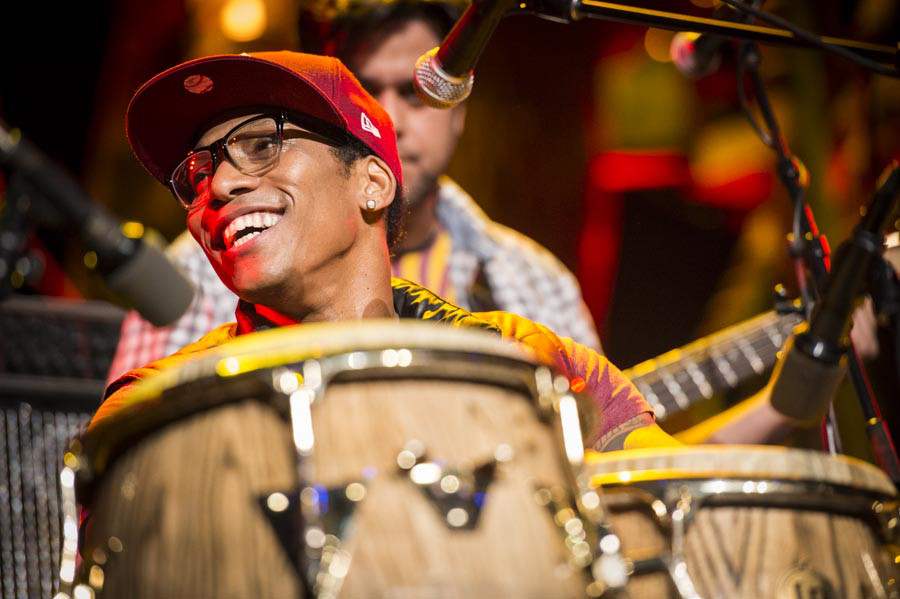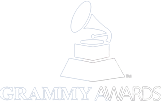Home Frank’s Blog TED Loves Music (But Music Loves Everybody)
TED Loves Music (But Music Loves Everybody)
Frank Fitzpatrick 03/08/2013

|
No time to read? Pick your language & press PLAY
Getting your Trinity Audio player ready...
|
Even after a lifetime of creating music and observing its powerful impact on human beings around the world, I’m still intrigued by how music can subtly, or not so subtly, permeate the pores of our lives. When I logged on the other day to confirm that my recent TEDx talk from Sao Paulo had been posted, I immediately noticed that all four of the Top 4 “Editor’s Picks” on the TEDx home page were about music.
This proliferation of music in popular programs like TED doesn’t come as a surprise to me. It’s not a new phenomenon. In my own TEDx presentation The Technologies of Emotion, I shared a number of stats that spotlight music’s undeniable influence on audiences. For example, 7 of the 10 top viewed YouTube videos at that time were music videos and several of the highest rated network TV shows, such as Glee and American Idol, are music shows.
Popular entertainment programs are rarely produced without music to help shape the emotional experience. Hollywood specializes in manipulating people’s perceptions through story and music, with music driving the subconscious narration and the emotional arch.

Photo: James Duncan Davidson, Property of TED
The dominance of music programming on the TED site, however, really made me take pause. It is a forum of “talks” after all. Then again, maybe the most inspiring aspects of these “talks” are their engaging stories and the musical expressions that surround them.
One of the most crowd-rousing presentations at last week’s TED event in Long Beach featured a talented group of sixteen visiting musicians form the Congo that I have had the honor of spending time with these past few days. These musicians from Orchestre Symphonique Kimbanguiste (OSK for short) and their musical director Amand Diangienda, are a 180 member self-taught classical orchestra and choir from Kinshasa, the war torn capitol of the Congo. Armand, himself self taught, created the orchestra at the request of his grandfather whose price for being a voice for freedom had cost him thirty years in a prison cell, much like it did Nelson Mandela in South Africa.
Armand and the OSK represent an amazing story of perseverance and are a true testament of how music can inspire hope and dignity in some of the most inhumane conditions. It was more than the music that touched the audience that day, and giving a live performance with the iconic artist and social innovator Peter Gabriel certainly didn’t hurt in bringing the TED audience to their feet.
Other musical highlights at this year’s TED included the inspiring talk on eradicating hunger by musical humanitarian Bono, and the fearlessly crafted words and live performances by industry revolutionary Amanda palmer.

Photo: James Duncan Davidson, Property of TED
The range of live performances and sound explorations at TED 2013 was vast, including a musical number from Cuban singer and percussionist Pedrito Martinez; sound explorations by Beardyman; virtuostic pickin’ by the young brother bluegrass trio, the Sleepy Man Banjo Boys; a surprisingly spellbinding act by Black, the world yo-yo champion performing to a dramatic soundtrack; an international dance collaboration between choreographers Rich + Tone Tallauega and music producer Keith Harris; a selection from the electrifying violin virtuoso and classical music renegade Ji-Hae Park; and the mesmerizing human rhythms and sonic prayers of master mouth harp musician Wang Li.
Perhaps the most evolutionary music talk was that of Peter Gabriel, who demonstrated how we can extend our communication and relationship with the other incredible beings with whom we share our planet – the animal kingdom. To demonstrate, Gabriel unveiled the amazing findings of an experience he had when trying to write music with a bonobo, including a video of the bonobo exploring the magic of a musical keyboard.
Although it’s hard to beat the bonobo, the most revolutionary performance of the week had to be the long-anticipated grand finale and never-before-attempted performance of Cloudburst by Eric Whitacre and his virtual choir. Whitacre was joined on stage to by 100 live singers and virtually, in real time via Skype, by singers at their homes in 32 different countries.

Photo: James Duncan Davidson, Property of TED
What I really get from this is not so much that producers of TED love music, but how much music loves us. Music is like the perfect host that knows how to make everyone comfortable – how to introduce us to each other and tend to us in a way that opens our hearts. It understands each one of us like a wise soul and an old friend, reminding us who we are when we forget what matters most in life.
Music can also help us communicate when we cannot find the words or a common language. It enables us to listen in deeper ways, ways that allow us to play together – to stay in harmony, rhythm and tune with one another. What is really amazing is that it so often does these things without us even knowing it’s there.
Before their return to the Congo, I brought the visiting members of the OSK to the HOLA (the school known as the Heart of Los Angeles) to meet the children of YOLA (the Youth Orchestra of LA). YOLA is a free community organization for underserved children, modeled after El Sistema and affiliated with Gustavo Dudamel and the Los Angeles Philharmonic. The kids (ages 6 – 12) were thrilled to meet their new friends from Africa. The OSK players observed, conversed with and performed for different groups of children in classes and rehearsals throughout the school. Even though the Congolese players couldn’t speak English, they could communicate through music.

The highlight for all of us was when the musicians from the Congo sat in to play with and assist the children. Spread out among the different sections of the YOLA orchestra, and flanked by young musicians on each side, the room exploded into laughter, joy and Beethoven. Within moments, and a few musical phrases, years of understanding were shared and life-long bonds were formed.
As I reflect upon that experience, and the countless transformative musical moments of my life, I am once again intrigued and inspired by the intelligence of music. It seems that the more I come to know music, the more music comes to know me. Like a spiritual guru, music finds us when we’re ready. Like a masterful teacher, it inspires us to be our best. And like a great healer, it revives when we have been wounded or shut down.
Perhaps Beethoven was right when he said “Music is the one incorporeal entrance into the higher world of knowledge which comprehends mankind but which mankind cannot comprehend.” I believe music does have its own unique intelligence that man is yet to fully comprehend, as well as, a story to share that is well worth listening to.
Read my blog: Top 10 TED Talks About Music
Check out more on the Orchestre Symphonique Kimbanguiste (OSK) in this clip from 60 Minutes and this documentary trailer.
I’m here to help YOU create a better world, inside and out.
Contact Me© 2025 Frank Fitzpatrick Website by AllHereIndia












